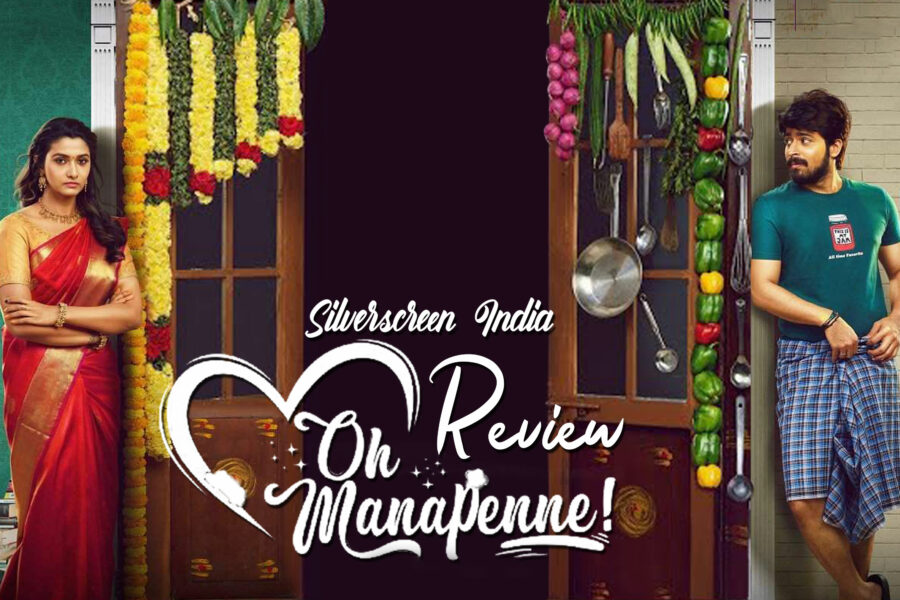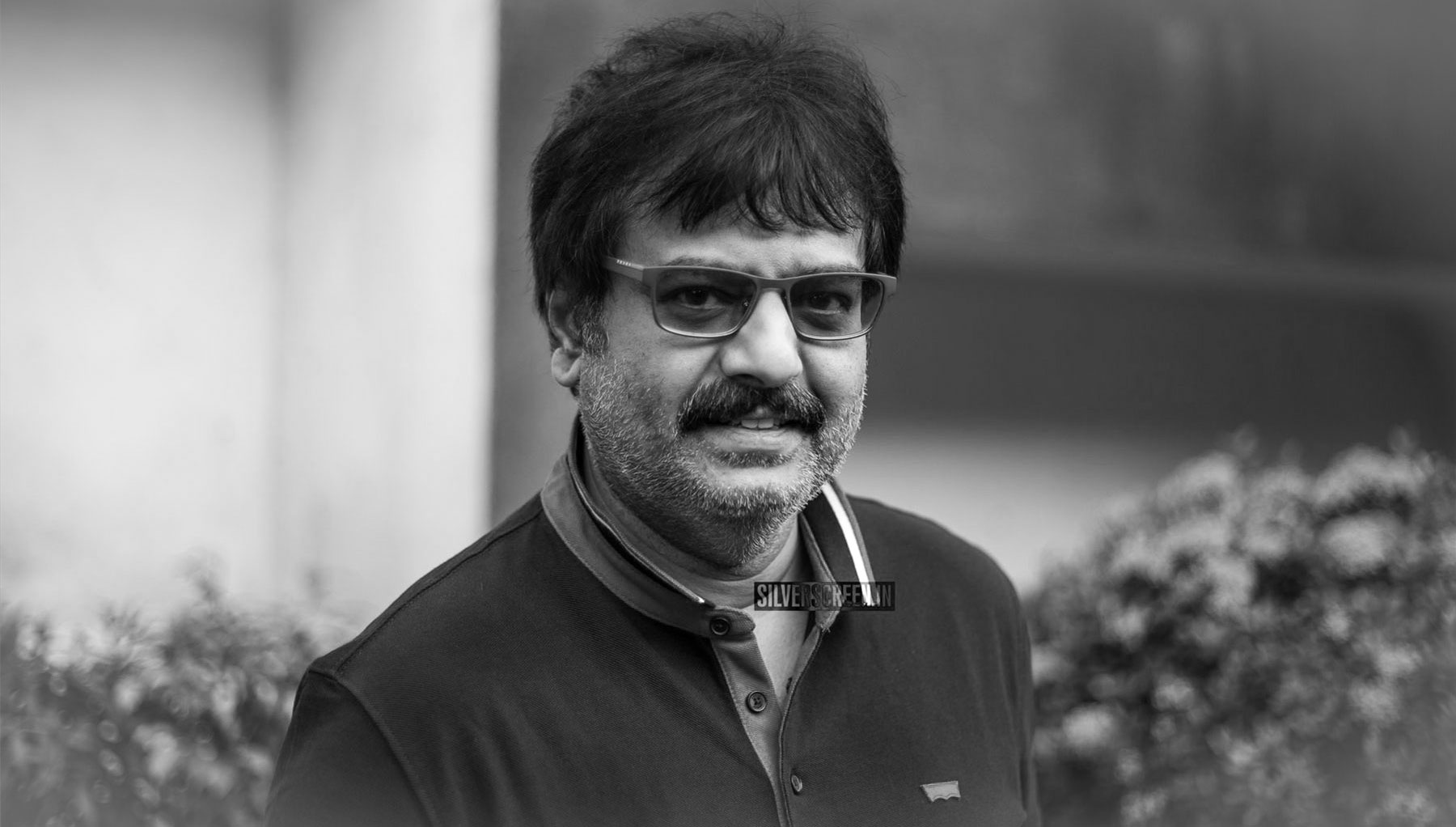In the first act of the 2021 recreation of Ingmar Bergman’s miniseries – Scenes from a Marriage – the protagonists sit together on a couch, subjects of a research study on monogamous marriages. They have been married for a decade, we come to know, and they are being interviewed about their successful ten-year union. Oscar Isaac as the husband (Jonathan Levy) wants to understand the success metrics that define a long union before launching into the interview. His wife (Jessica Chastain as Mira Philips) is largely reticent, and seems to drift in and out of conversation, a passive participant choosing to engage when she wants to. It’s a stretch meant to supposedly tell us about the couple in their own words. But we sense their relationship, the unit that they now present as after several years of co-habitation, from what we are not told. The non-verbal cues form the bulk of the communication. A few minutes in, the interviewer asks a question that any couple married for a decade or longer begins to dread: how and when did they meet? Even as Jonathan takes a brave stab at answering, Mira swats it away, wondering at its relevance to the study. It’s partly awkward, partly sweet, and very real.
Towards the end of Oh Manappenne, the Tamil remake of the 2016 Telugu hit Pelli Choopulu, the woman and the freshly-minted man literally air their emotions for the world to hear. They haven’t told each other what they feel, but when pressed by an interviewer who’d apparently asked them on air to talk about being business partners, they relent. We then listen to separate monologues as Karthik (Harish Kalyan) and Shruthi (Priya Bhavani Shankar) reveal intimate, irrelevant details about the other in a bid to reaffirm their commitment – they persist bravely even as we’d rather they get off-air, and quit subjecting us to extreme second-hand embarrassment at the screenplay. It isn’t cute and it certainly doesn’t reaffirm our faith in Indian cinema’s treatment of romance.
In Oh Manappenne, the meeting of a man and a woman seems to have been preordained – as preordained as the Indian matchmaking network with its various filters would allow, anyway. They meet, share a moment or two, show-jump a series of obstacles, and finish as a couple with reinstated faith in each other. It’s no doubt a saleable premise, one that has withstood the test of time, thanks to popular appeal. Oh Manappenne though wouldn’t really come as a surprise if you’d watched Pelli Choopulu. The woman is introduced with the same, rather unnecessary toss of hair (but glorious curls, to be sure), the situations aren’t any novel (though a bit contrived), and the man rots away in a mire of his own making. He has no education even with the means to one, doesn’t work for a living, and lives the much-glorified life of a privileged wastrel, only to be led into adulthood by the woman.
While this may have passed as good fodder for romance in 2016, five years later, it’s an honestly tiring premise that makes you want to play the villain in this silly romedy. The girl, a gold medallist in business administration to be sure, apparently partners with the wastrel to grow her fledgling business. In the process, she also parents him the right way – making a man, a socially responsible human being out of him. It’s wishful thinking at best, for a mature romance usually necessitates the meeting of equals – in ideology and intelligence. You could argue that the intent was precisely that – a woman who was cut far above the man, helping him along in life and career. But even then, in the real world, she would be a mentor at best and not a romantic equal. It’s what that catches the fancy of most youth though, and is a damning indictment of more than a half of the country’s population.
Pelli Choopulu, when it released, caught Telugu cinema in the midst of romances that were, if not pathbreaking, deviated from the rote. The conflicts weren’t only external; familial discord remained but they existed alongside others built into the characters themselves which threatened the relationship from within. On that front, PC succeeded even though the resolutions themselves – onus on the woman to drive collective growth – weren’t an idea to live by. But what really set it apart were perhaps the twists that it sprung at regular intervals, in addition to addressing some societal evils. Oh Manappenne, unfortunately, can’t claim the former virtue.
Recommended
Oh Manappenne could have been better if it had just taken inspiration from the Telugu original, and worked to deliver act two. Karthik and Shruthi are now co-owners of a food truck, possibly romantic partners too. How does life happen to them? What are the choices that they make? Their cooks, their conflicts, the crosses they bear – now that’s a film I’d like to watch.
*****
This Oh Manapenne review is a Silverscreen original article. It was not paid for or commissioned by anyone associated with the movie. Silverscreen.in and its writers do not have any commercial relationship with movies that are reviewed on the site.



